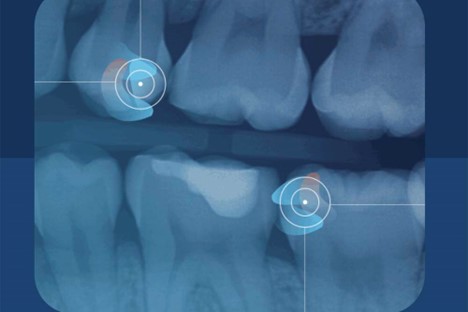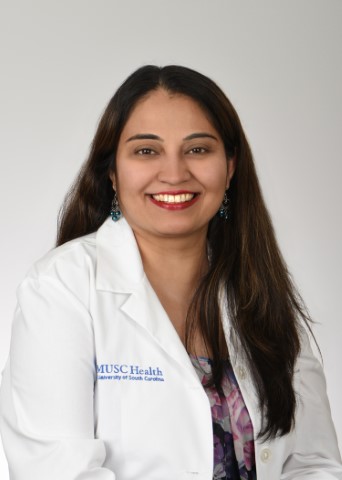
Bulletin of Dental Education Article
Archive
- Bulletin of Dental Education | September 2024, Volume 57, Issue 9
- Bulletin of Dental Education | October 2024, Volume 57, Issue 10
- Bulletin of Dental Education | November 2024, Volume 57, Issue 11
- Bulletin of Dental Education | December 2024, Volume 57, Issue 12
- Bulletin of Dental Education | January 2025, Volume 58, Issue 1
- Bulletin of Dental Education | February 2025, Volume 58, Issue 2
- Bulletin of Dental Education | March 2025, Volume 58, Issue 3
- Bulletin of Dental Education | April 2025, Volume 58, Issue 4
- Bulletin of Dental Education | May 2025, Volume 58, Issue 5
- Bulletin of Dental Education | June 2025, Volume 58, Issue 6
- Bulletin of Dental Education | July 2025, Volume 58, Issue 7
- Bulletin of Dental Education | August 2025, Volume 58, Issue 8
- Bulletin of Dental Education | September 2025, Volume 58, Issue 9
- Bulletin of Dental Education | October 2025, Volume 58, Issue 10
- Bulletin of Dental Education | November 2025, Volume 58, Issue 11
- Bulletin of Dental Education | December 2025, Volume 58, Issue 12
Education Innovation Award Supports Medical University of South Carolina CDM Study on AI Use in Dentistry
Artificial intelligence (AI) has the potential to revolutionize the practice of dentistry, from real-time diagnostics to enhanced treatment planning, and Sonali Rathore, B.D.S., M.S., isn’t alone in this belief. At the Medical University of South Carolina James B. Edwards College of Dental Medicine (MUSC CDM), Dr. Rathore is putting that potential to the test in the classroom and beyond.

Second Opinion is billed as "the first real-time dental AI platform that automatically detects numerous conditions in dental radiographs to give dentists a second set of eyes for superior radiologic accuracy."
Dr. Rathore, Associate Professor and Director of Oral and Maxillofacial Radiology within the Department of Biomedical & Community Health Sciences in MUSC CDM, is evaluating an artificial intelligence- (AI-) powered dental software platform known as Second Opinion to determine its effectiveness in identifying and diagnosing dental caries, commonly known as cavities or tooth decay.
Second Opinion was developed by the dental AI company, Pearl. The company states on its website that it offers dentists “a second set of eyes.” Dr. Rathore said the technology is a valuable tool for dentists and patients alike—and it not only enhances clinical accuracy, but also improves the patient’s experience.
“AI has been shown to function as a supportive aid, offering real-time diagnostic assistance while the patient is still in the chair,” she said. “Additionally, patients appreciate being able to visualize their proposed treatment plans, including annotated images of their teeth and dental conditions.”

Sonali Rathore, B.D.S., M.S.
Dr. Rathore was recognized with MUSC’s 2024 Education Innovation Award EIC for a year-long project, which she began last fall. The $15,000 award, which was granted by the MUSC Education Innovation Cabinet, overseen by Executive Vice President of Academic Affairs and Provost Lisa Saladin, Ph.D., PT, recognizes faculty members engaged in research that creates innovation in the education space.
“We look forward to the results of Dr. Rathore’s innovative pilot project, exploring the applications of AI in dentistry as well as the development of simulated learning environments and personalized learning experiences for students,” said Dr. Saladin. “The EIC seeks to fund novel projects that encourage student learning by looking at learning through a different lens—one that promotes exploration, resourcefulness and creativity to answer questions and find solutions. It’s always exciting to see our faculty members innovative approaches to learning.”
Dr. Rathore’s pilot study, titled “Transforming Dental Education through AI,” builds on the exponential growth of AI in dentistry by comparing the diagnostic accuracy of second- and third-year dental students with that of the AI software. Using de-identified bitewing radiographs that show the various stages of proximal (between the teeth) caries, students will then document their findings using a standardized form. Their results will then be compared to a gold standard reference to evaluate both the student and AI’s performance.
“If this pilot study shows that the AI software performs on par with the gold standard, it could serve as a valuable supplemental learning tool in both didactic and clinical dental education,” she said. “Students are enthusiastic about the software’s potential, and it could significantly enhance how they learn to diagnose.”
For Dr. Rathore, preparing students for that future is essential. “AI is poised to transform dental practice, and many clinicians have already begun integrating it into their workflows. As AI continues to advance, it's critical that our students are well-versed in the latest digital tools shaping modern dental care.”
Dr. Rathore’s work reflects MUSC CDM’s broader commitment to integrating innovation into dental education. As her project continues, she believes it will serve as a model for how technology can empower today’s dental students while also supporting an increasingly digital and patient-centered care environment.
“Dr. Rathore’s research is an excellent example of the type of innovation many of our faculty are exploring. We are fortunate to have talented faculty in all specialty fields who aim to better existing workflows with new technology,” said Sarandeep Huja, D.D.S., Ph.D., Dean of the MUSC CDM.
“It is an exciting time in the AI education revolution, with growing curiosity from both our students and faculty. There is tremendous momentum to continue advancing what we do as practitioners and how we teach AI implementation to the next generation.”
The above story is adapted from an MUSC Catalyst News story written by Margaret Lamb.
Courtesy of Medical University of South Carolina James B. Edwards College of Dental Medicine
Published on August 13, 2025
